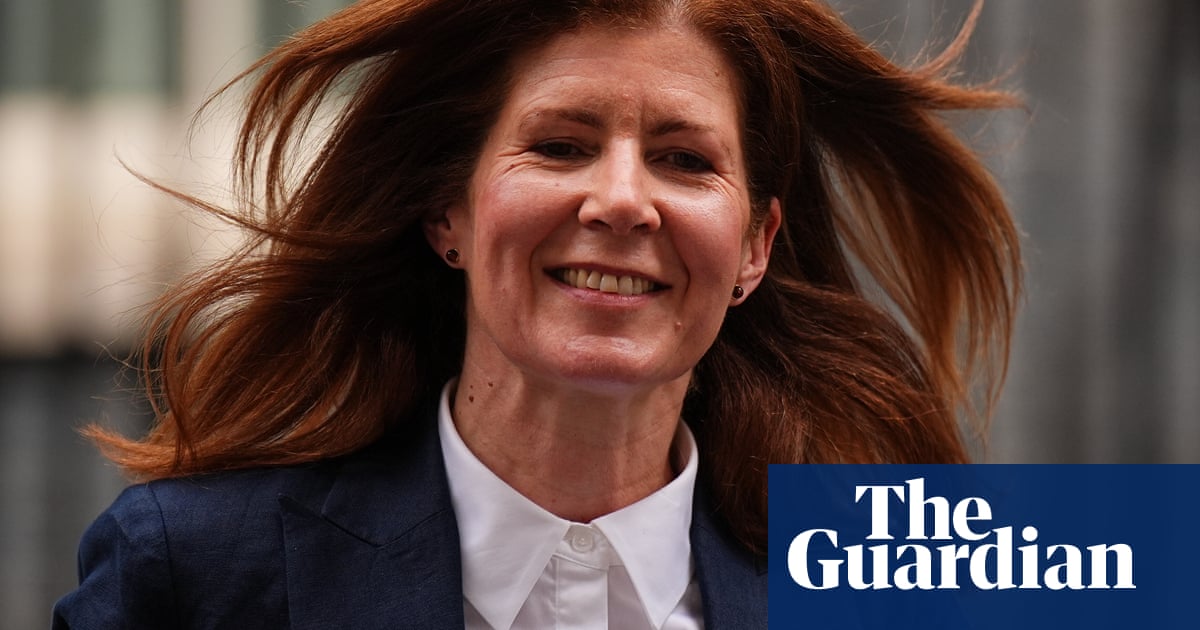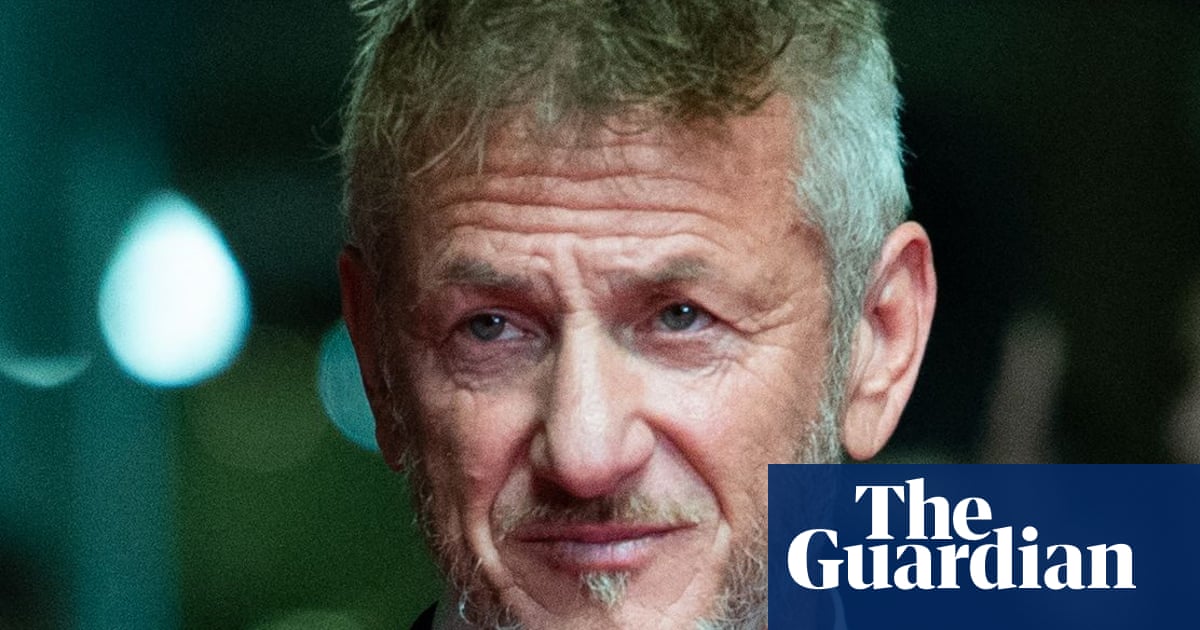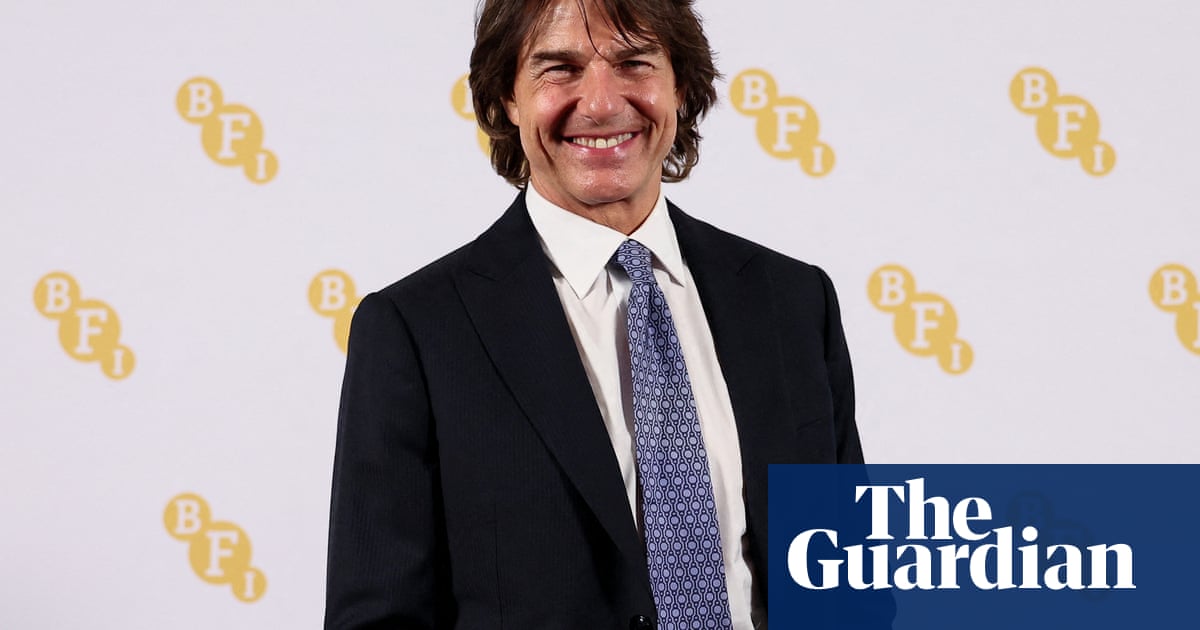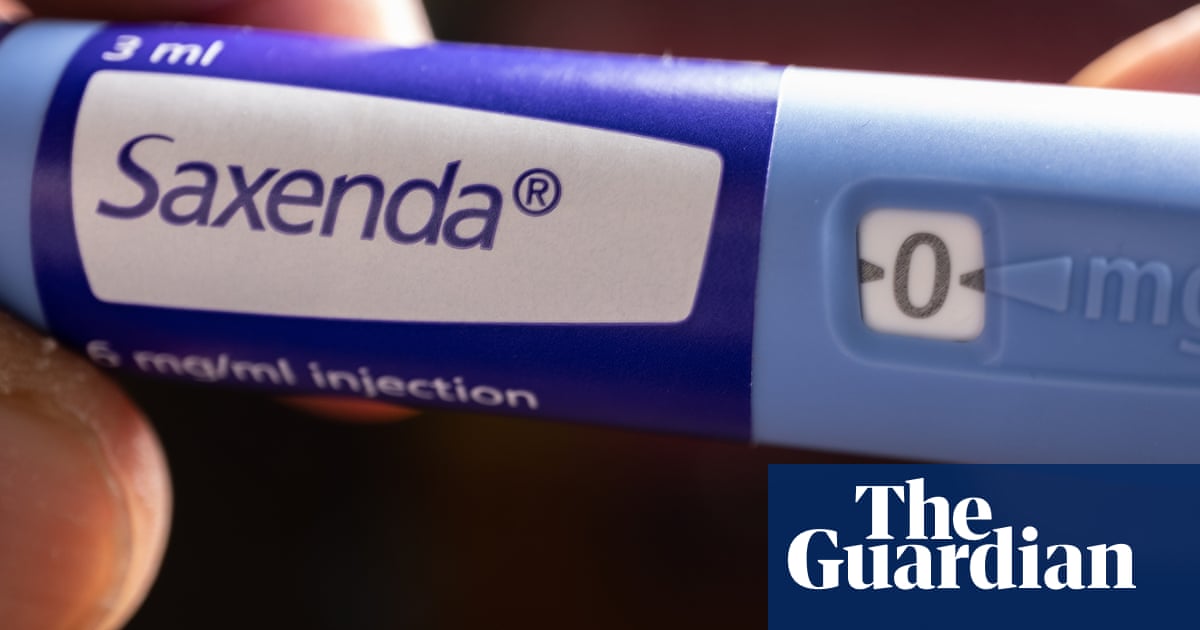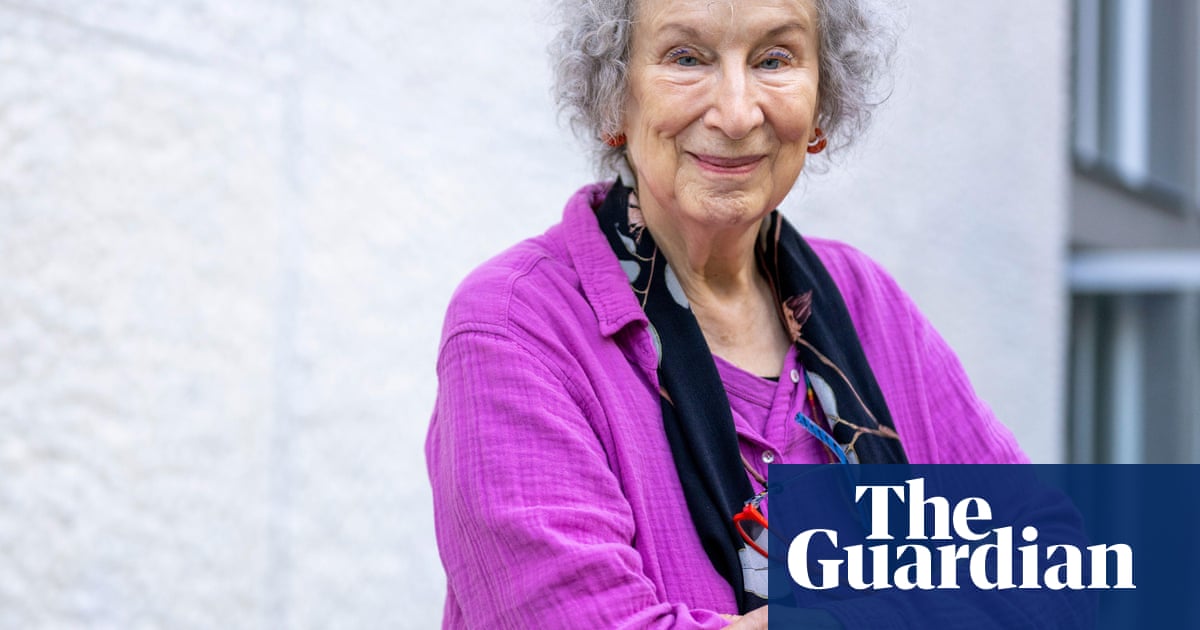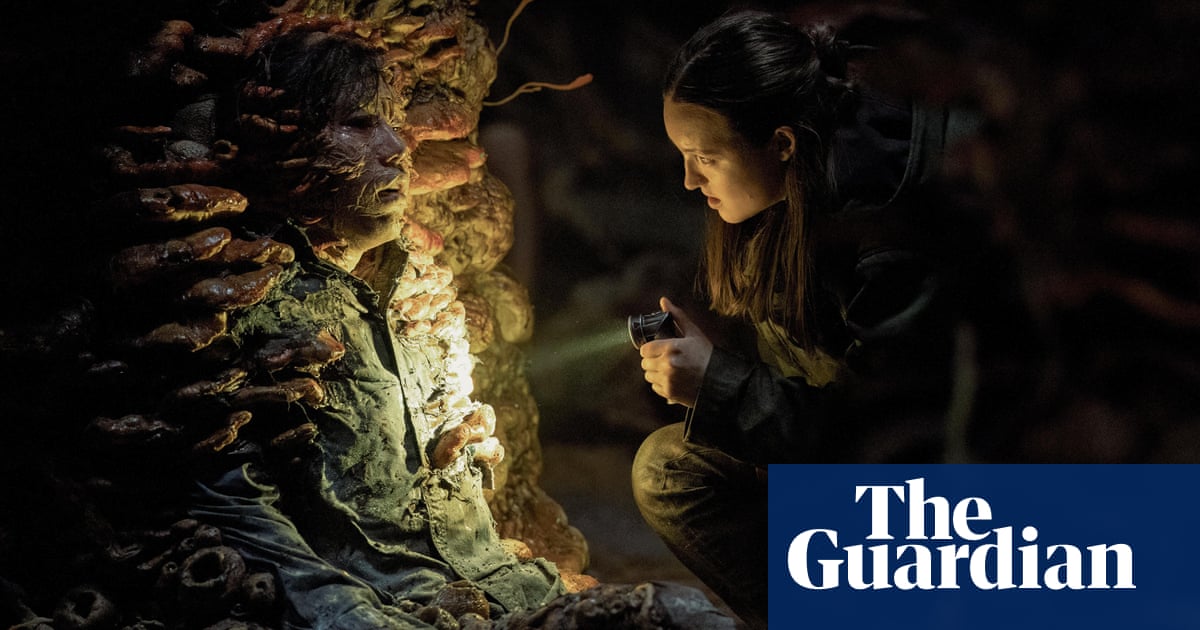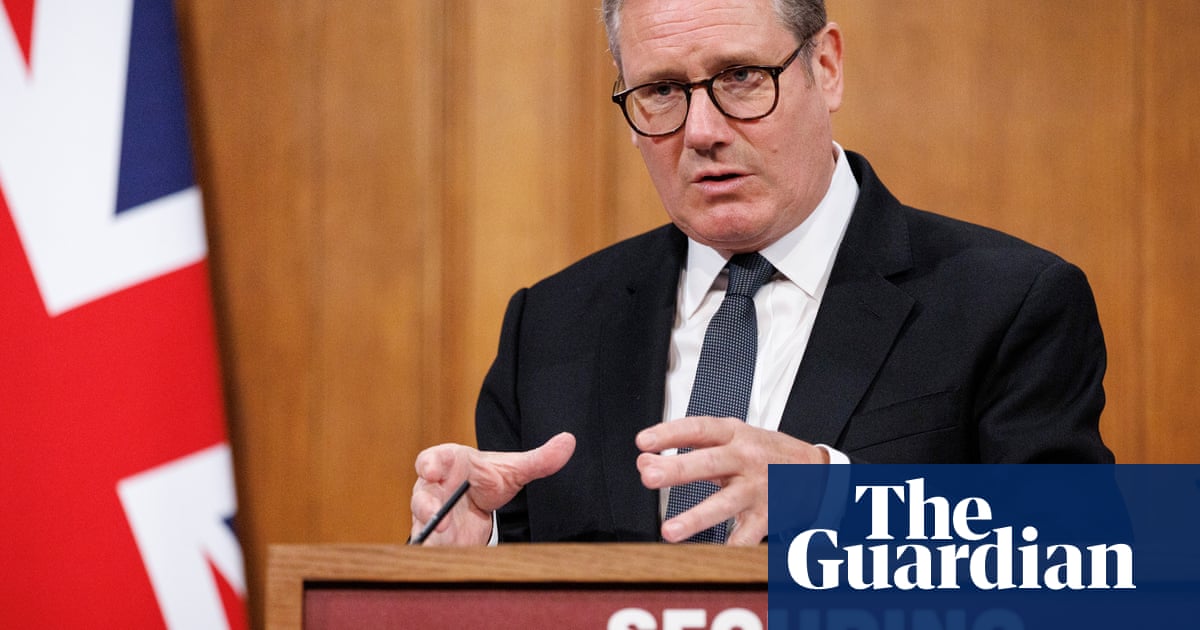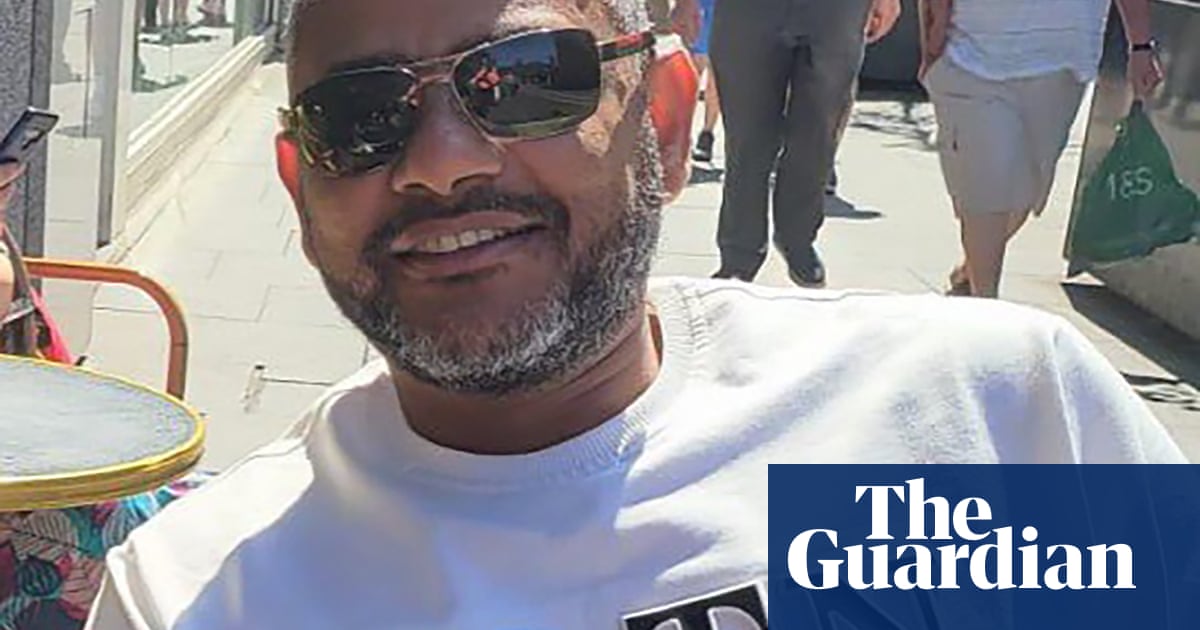Inside Our ADHD Minds is a follow-up, of sorts, to Chris Packham’s memorable 2023 documentary, Inside Our Autistic Minds. In that earlier film, the wildlife and nature presenter used his own experience of neurodiversity to help other people explore and demonstrate the impact of autism on their lives, for the benefit of their family, friends and a wider TV audience. Inside Our ADHD Minds uses the same formula – Packham walks through woodland as he explains something important, anecdotes about his own life, informative chats with experts, and art therapy in the form of expressive short films – to dig deeper into the condition, and, in the following episode, dyslexia.
The result is a beautiful and revelatory programme which feels educational without being didactic; Packham rejects the name “attention deficit hyperactivity disorder”, for example, explaining that it is not a deficit of attention, but a struggle to regulate it. The documentary takes a two-pronged approach. Packham interviews experts, who deliver the framework of information. One suggests that having ADHD is like having six televisions in your brain, blaring at the same time, and trying to watch them all at once, and explains that people with ADHD have lower dopamine levels and an increased risk of anxiety and depression. Another expert talks about how boys and girls often present ADHD symptoms differently at school, and how diagnoses were heavily gendered until shockingly recently, which might be why it is more common for women to receive a diagnosis at a later age.
But the primary focus is on two individuals, Henry and Jo, who are given the chance to articulate their inner worlds by making short films about them, much like the participants in Inside Our Autistic Minds. Henry is in his early 20s, and was diagnosed with ADHD at school, during his A-levels. He tried the medication he was prescribed, but did not like the way it made him feel. He works as a tour guide in Soho, and you can see why he is good at it: he is a garrulous and energetic presence. But to Packham, he is open about his difficulties in managing day-to-day life and his fears that his family don’t know who he really is. He sometimes forgets to eat. His room is a mess. He worries that he is lazy, incapable, and he worries about what his parents would think if they knew the truth about him.
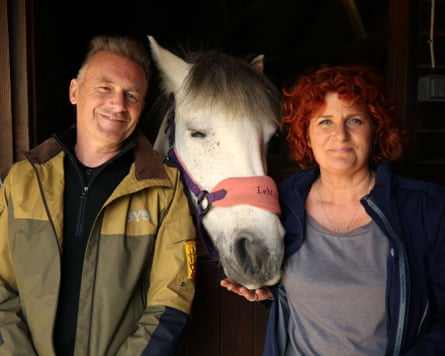
Jo, meanwhile, was diagnosed later in life, after years of being unable to settle, and being told that she was “too much”. She explains that she has had 14 different careers, and talks about reaching a crisis point at work, where she couldn’t do what she was there to do. It wasn’t until her eldest daughter told her about a friend at university with ADHD that Jo started to realise what might be going on. For her, medication did help. But, like Henry, there are overwhelming feelings of shame and sadness; there is a sense for both that they are frequently misunderstood, even judged negatively.
This programme is tuned in to the complexities and sheer variety of neurodiversity and personal experience. There are gendered, generational, environmental and perhaps even class-based differences here. Henry is seeking the understanding of his parents, who have been supportive throughout his teenage years, but is resistant to any sense that they might want to “fix” him. He appears to be asking for acknowledgment that he operates, and will continue to operate, in a different way. In his film, he is setting out a practical task: he wants his family to see how he lives and what supposedly ordinary activities, such as remembering to attend an important meeting, are like for him.
For Jo, the task is more emotional. She would like her family to see the impact of her diagnosis and to understand the grief that she feels, about the person she might have been had she received help and support earlier in her life. The menopause, she explains, “played havoc” with her ADHD and this put a strain on her relationships. She is still working through guilt and grief. For both Jo and Henry, talking to Packham, then making their films, offer a form of self-expression that they have struggled to find elsewhere.
Inside Our Minds comes at a crucial time. One woman interviewed here, at an art workshop in Bristol for women with ADHD, says that her doctor suggested she had been influenced by TikTok fads. BBC-ishly, this documentary says nothing of the far-right, anti-woke rhetoric that has now hitched parts of its rickety wagon to what it calls an overdiagnosis of neurodiversity. Nevertheless, Packham and his team offer a calm and clear refutation of these harmful notions, simply by telling real-life stories, and using the humanising power of artistic expression.

 3 hours ago
5
3 hours ago
5

